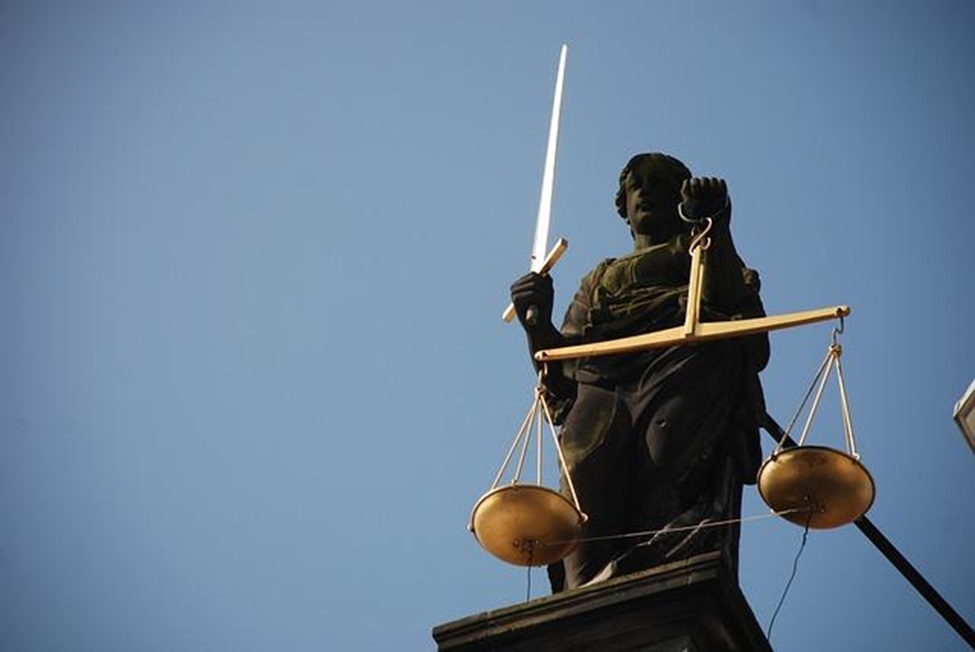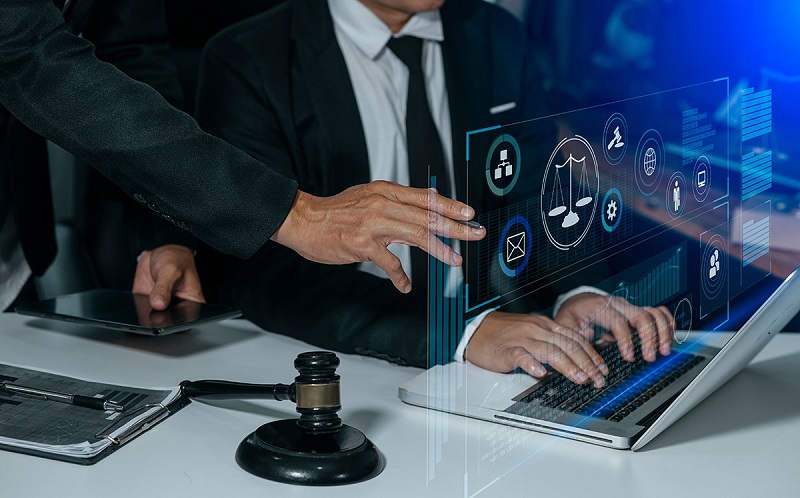The past year has witnessed groundbreaking shifts in product liability law, with courts across the United States setting precedents that will influence cases for decades to come. From autonomous vehicle malfunctions to AI-powered medical device failures, these decisions reflect the judiciary’s evolving approach to complex technical disputes in our increasingly automated world.
California’s Landmark Decision
Take the recent California Supreme Court decision in Martinez v. TechCorp Industries. The court’s ruling fundamentally altered how manufacturers must approach user interface warnings, particularly for software-enabled consumer products. When the plaintiff’s legal team collaborated with product liability expert witness services, they successfully demonstrated how seemingly minor software updates could create unforeseen safety risks. This precedent-setting case expanded manufacturer liability to include not just physical defects, but also user experience design flaws.
The Texas Turnaround
Meanwhile, Texas courts have taken a different direction. In Houston Medical Devices LLC v. Peterson, the court emphasized the importance of post-market surveillance data in determining liability. The ruling highlighted a manufacturer’s duty to monitor and respond to real-world performance data, creating new obligations for companies to maintain robust monitoring systems. Technical experts played a crucial role in analyzing vast datasets to establish patterns of product behavior that ultimately proved decisive in the case.
Legislative Responses Nationwide
State legislatures haven’t stayed on the sidelines. New York’s recently enacted Consumer Technology Safety Act implements stringent requirements for connected devices, while Florida’s updated product liability statutes now explicitly address autonomous system failures. These legislative changes have created a complex web of compliance requirements that demand sophisticated technical analysis in liability cases.
Impact on Manufacturing Practices
These legal developments have prompted manufacturers to radically rethink their approach to product development. Companies now integrate legal considerations earlier in the design process, often bringing in technical experts during initial product planning rather than waiting until problems arise. This proactive approach reflects a growing understanding that prevention costs far less than litigation.
The Medical Device Precedent
Perhaps nowhere are these changes more evident than in medical device litigation. The recent multi-district litigation involving AI-assisted diagnostic equipment demonstrated how courts are adapting to evaluate product liability in systems where human oversight meets artificial intelligence. The case required technical experts to untangle complex interactions between software algorithms, hardware limitations, and healthcare provider training.
Insurance Industry Adaptation
Insurance carriers have responded to these legal shifts by revising their underwriting criteria for product liability coverage. Many now require manufacturers to demonstrate robust testing protocols and continuous monitoring systems. This has created a new dynamic where technical documentation and expert analysis play crucial roles in both insurance coverage and liability defense strategies.
Focus on Supply Chain Liability
Recent decisions have also expanded the scope of liability across supply chains. In Western District cases involving component manufacturers, courts have scrutinized the interaction between various suppliers’ quality control systems. These rulings emphasize the need for comprehensive technical analysis that can trace product failures through complex international supply networks.
Looking Forward
As we move through 2025, several key cases pending before federal courts promise to further refine product liability law. These cases, particularly those involving autonomous systems and IoT devices, will likely continue to reshape manufacturer obligations and consumer rights. The complexity of modern products ensures that technical expertise will remain central to both prosecution and defense strategies.
These emerging trends underscore a crucial reality: successful product liability litigation increasingly depends on the ability to understand and explain intricate technical details to judges and juries. As courts grapple with increasingly sophisticated products, the intersection of legal expertise and technical knowledge becomes more critical than ever.





